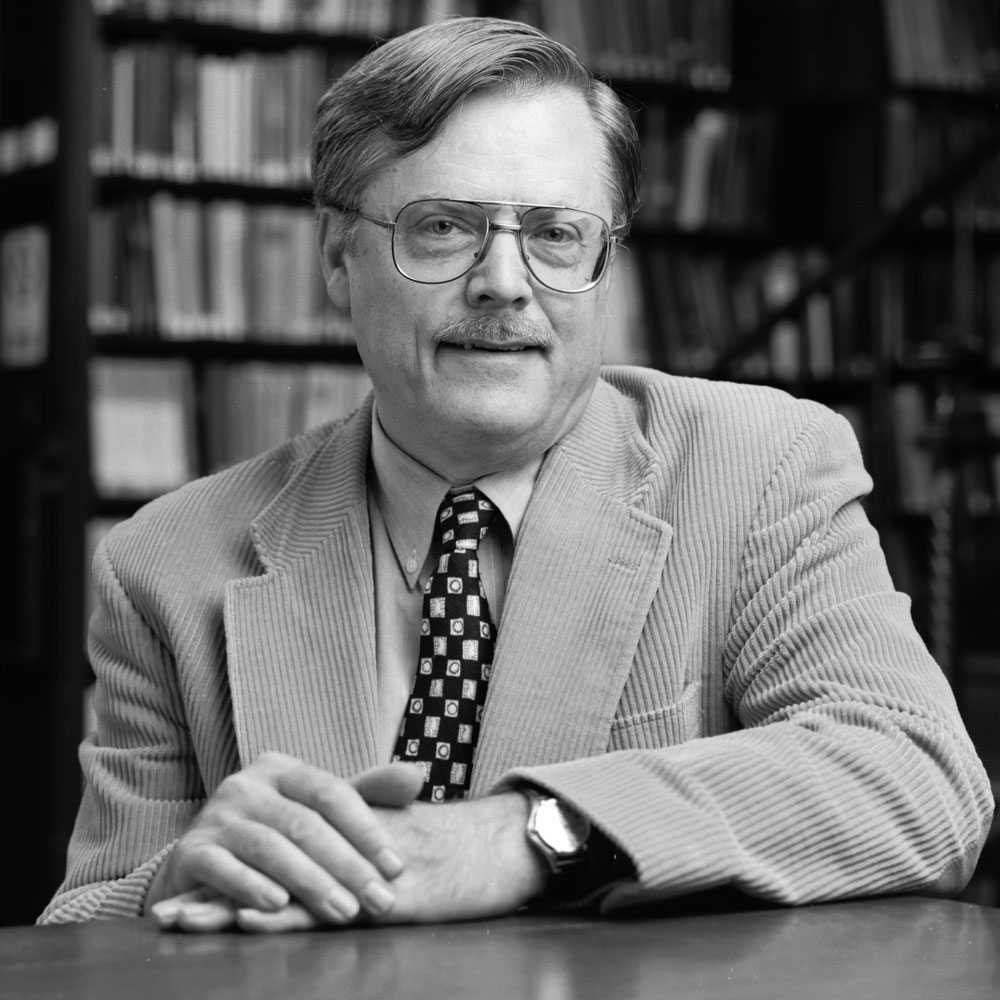In Memoriam, Bruce S. McEwen, Ph.D.,
January 7, 2020
Bruce S. McEwen, Ph.D.
1938-2020
It is with deep sadness that we announce the loss of our dear colleague Dr. Bruce McEwen, a Rockefeller University neuroscientist and founding member of Hope for Depression Research Foundation’s (HDRF) Depression Task Force, who died on January 2 at age 81 after a brief illness.
Bruce McEwen was a giant in the field of neuroscience who transformed our understanding of how the brain changes throughout life. He is renowned for his studies on how stress hormones reshape neural circuits in the brain — work that has profound implications for public health and the understanding and treatment of depression.
As a young scientist, Bruce was part of the vanguard that upended the established view that the brain’s neural circuits stop changing when we become fully developed adults. In a landmark 1968 study, McEwen showed that stress hormones like cortisol influence circuits in the hippocampus, a key mood area of the brain. Thus began a 60-year career in which McEwen and his lab detailed how circulating hormones enter the brain and impact gene expression and neurological functions that regulate mood, memory and mental health.
In award-winning work funded by HDRF, McEwen and his lab recently discovered that a naturally-occurring compound known as Acetyl-L-Carnitine can often be deficient in the blood of depressed patients, pointing to a potential blood test and novel treatment for depression.
Launching the Depression Task Force
With his stature in the field, McEwen was invaluable to the 2010 launch of the Depression Task Force, a collaboration of top scientists who are pooling data and expertise to advance discovery.
In 2009, he teamed up with HDRF Chair Audrey Gruss to organize a summit on “The Neurobiology of Depression; From Molecules to Mood” at the prestigious Banbury Conference in Cold Spring Harbor, NY. HDRF was a major sponsor of the conference.
“Bruce convened a handful of other pioneers in brain science who became the nucleus of the Depression Task Force,” said HDRF Board member Harold Koenigsberg, who was there. “We spoke to all of them and asked if they would be interested in coming together as a team, and out of this the Task Force was born.”
Bruce often said that being part of the Depression Task Force was one of the highlights of his career. The five original Task Force members from the Banbury Conference are: Dr. Huda Akil, University of Michigan; Dr. Rene Hen, Columbia University; Dr. Eric Nester, Mount Sinai; Dr. Helen Mayberg, Mount Sinai; and Dr. Michael Meaney, McGill University.
They are joined by Dr. Jonathan Javitch, Columbia University; and our newest recruits: Dr. Elisabeth Binder, Max Planck Institute, Munich; Dr. Kafui Dzirasa, Duke University; and Dr. Conor Liston, Weill Cornell. All are deeply indebted to Bruce’s leadership and tutelage.
A Gentleman and a Mentor
Bruce McEwen was not only a brilliant scientist, but a gracious human being and generous mentor. He trained several generations of neuroscientists in his lab and helped launch hundreds of careers as head of Rockefeller’s graduate training program.
“We will all miss him for his curiosity and love for science, as well as his humility and basic human decency,” said Dr. Carla Nasca, a post-doctoral fellow who worked closely with Bruce in his lab.
Life and Career
McEwen was born in 1938 in Fort Collins, Colorado, and grew up in Ann Arbor, Michigan. He attended Oberlin College in Ohio, where he majored in Chemistry, and received his graduate degree in 1964 from Rockefeller University as a member of Alfred Mirsky and Vincent Allfrey’s laboratory.
After a short postdoc, Bruce returned to Rockefeller in 1966 as an assistant professor. He was promoted to associate professor in 1971, to professor and head of laboratory in 1981, and was named the Alfred E. Mirsky Professor in 1999. He was the head of the Harold and Margaret Millikin Hatch Laboratory of Neuroendocrinology.
Bruce has been recognized with many prestigious awards and prizes, including the Pasarow Neuropsychiatry Award, the Ipsen Fondation Neuroplasticity and Endocrine Regulation Prizes, the Scolnick Prize in Neuroscience from the McGovern Institute of MIT, and the William James Lifetime Achievement Award for Basic Research presented in honor of the 25th Anniversary of American Psychological Society. He was also an elected member of the National Academy of Sciences, the National Academy of Medicine, and the American Society of Arts and Sciences.
A resident of Hillsborough, New Jersey, McEwen is survived by his wife Dr. Karen Bulloch; his brother Craig McEwen, a professor of sociology at Bowdoin College with whom he has had a long-standing professional collaboration; his ex-wife Nancy McEwen and two daughters, Carolyn McEwen and Sarah McEwen Kelly; step-children Kimberly McGrath and Scott Muryasz; eight grandchildren; and two nephews.


